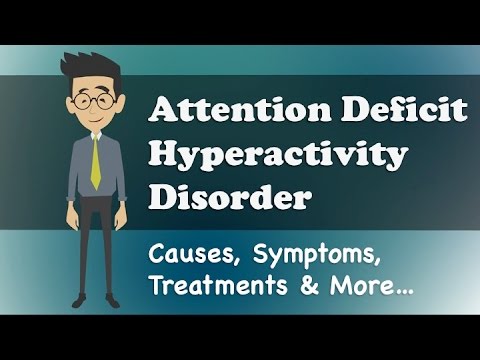Many dog caregivers claim to be sure to be hyperactive.Usually we hear phrases like ‘my dog is never calm’, ‘my dog is very agitated’, ‘my dog can’t have enough’.If you are experiencing the same thing, know that this is not normal behavior and should be treated by a professional!
While hyperexcitability is common in puppies, hyperactivity (whether physiological or pathological) is not normal behavior in adult dogs or puppies, this may be a sign that something is wrong with the dog. In this article by Animal Expert, we will talk about the hyperactive dog – symptoms, causes and treatment for this common problem (but of which little is spoken).
- Before talking about clinical signs and treatment to be applied in case of hyperactivity.
- It is essential to understand that there are two types of hyperactivity in dogs:.
It is very important to be clear that physiological hyperactivity can be learned by reinforcing a certain behavior, another possibility is that it is because of disorders related to separation, for example, while pathological hyperactivity is caused by an alteration of dopamine in the brain and requires veterinary treatment, in this case a canine educator will not be able to solve the problem , you must see a specialist veterinarian.
As there are two different types of hyperactivity, we’ll explain the signs associated with each.Read carefully to try to understand if your dog has it (remember that the most common is physiological).
These are some of the most common signs in dogs, but the dog with this problem does not always show all of these signs:
Now that you know some of the possible symptoms of physiological hyperactivity, it’s time to compare it with the symptoms of pathological hyperactivity:
The causes of hyperactivity are specific and different in each case, we explain why this problem arises:
The onset of this behavior usually involves learning, tutors positively reinforce certain outing attitudes and the dog begins by performing these behaviors more often, some examples run around the house, bark when someone rings the ring and ring in a rampant manner.reinforce a negative attitude until it is too late. When the dog seeks the attention of the family and the family keeps it away, it also generates attention.
There are different causes of this behavior, such as the separation-related problems mentioned above.If you see the dog destroying things or behaving like that when you’re not home, separation anxiety can be the cause.
There can be countless reasons for hyperactivity in dogs, remember that hyperactivity in puppies is normal and not a behavioral problem, however, you can still work on your relationship with the puppy, rewarding the quiet behaviors you like.
Now that you know the causes of hyperactivity, it will be critical to understand what makes this behavioral problem pathological rather than physiological:
Pathological hyperactivity is a rare problem that occurs at an early age, when the dog is still a puppy, and is mainly due to a change in the dopamine pathways of the limbic system (between the frontal cortex and mesencephaly). It can also affect the production of Serotonin and Norepinephrine.Although this is rare, it can also occur to dogs that ingest lead.
Before starting treatment it is necessary to make sure that our dog suffers from hyperactivity, the veterinarian will probably rule out physiological hyperactivity by means of a methylphenidate test, a type of amphetamine, the administration of this substance can cause a very excited reaction in the dog (which excludes the pathological problem) or much more calmly (confirming that this is a pathological problem).
If the test is negative, we are probably faced with a physiological problem, which usually affects dogs that have these characteristics (although there may be exceptions):
Dogs with pathological hyperactivity must receive a pharmacological treatment that allows their body to function naturally, in a few days a notable improvement in behavior can be observed.
If your puppy suffers from physiological hyperactivity, you must follow some of the suggestions that we propose, we do not recommend that you do it alone, but go to a professional, as an ethologist (veterinarian specialized in animal behavior), to evaluate the case of your particular dog and define the most appropriate treatment for him.
We remind you that to solve this problem of behavior, the whole family at home must collaborate and help the animal, if there is no harmony and agreement between all it is much more difficult to get good results and the hyperactive behavior of the dog.persist:
Here you have the basic rules that you can apply at home, however, as we have explained, not all cases will be solved with this advice and, therefore, it is essential to go to a professional, an ethologist, a canine educator or a coach.
This article is for informational purposes only, in Animal Expert.com.br we cannot prescribe veterinary treatments or make any type of diagnosis, we suggest taking your pet to the veterinarian in case of any type of condition or discomfort.
If you would like to read articles similar to, we recommend that you visit our Other Health Problems section.

